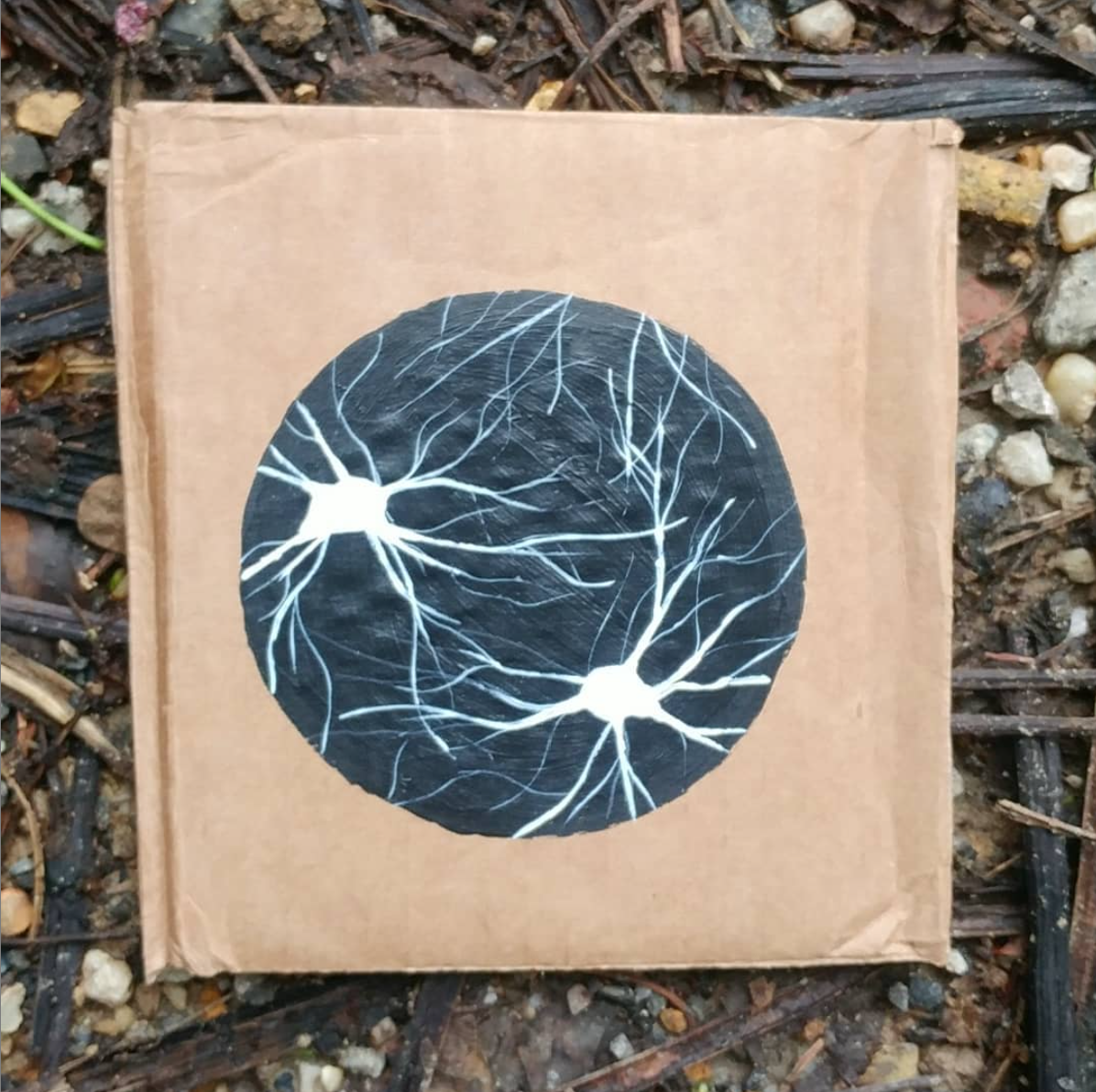Primates have a secondary gustatory (taste) cortex in the orbitofrontal cortex (OFC) [1]. I thought that this was odd, given that (1) the OFC is associated with understanding consequences and (2) the prefrontal cortex (where OFC is located) is generally not associated with early sensory processing. (Instead, this area is associated with what we consider […]
Pesticides in the gut? Starting around 2002, multiple reviews supporting the hypothesis that the vagus nerve as an initial site for Parkinson’s disease started being published. The vagus nerve includes cells that relay information from the gut to the brain. Currently, the speculation is as follows [1]:– An environmental cue (ex: ingested pesticide) triggers a […]
“Losing the ability to smell is one of the first symptoms of Alzheimer’s diseases.” I hear this a lot, but people usually can’t comment more than this. So I looked into it:The cells involved in first helping you smell (the olfactory sensory neurons) have a really high turnover rate with a lifespan averaging about a […]
Science has fads and trends. Researchers don’t really like admitting this because it makes the science seem less credible. But these trends are backed with evidence and when it’s interesting, more people study it. When a topic is exhausted with the current technology (or when the initial high hopes are dissolved with mediocre findings), the […]
Last year, PBS released a documentary about James Watson (American Masters: Decoding Watson). Watson received a Nobel Prize in 1962 with Francis Crick for their contribution in discovering the structure of DNA. This documentary has left many researchers very angry because Watson is filmed discussing his perspectives on the intellectual differences between ethnicities. (The director […]
Earlier this last year, Bédécarrats and his colleagues’ published study show that injecting RNA (like DNA, but less stable) between sea slugs (Aplysia) that changed neuronal responses. The response was originally only seen in the donor after training. This change in cellular response (more sensitive to stimulation) is a form of cellular memory, but media […]
Many biology classes mention Luigi Galvani’s experiment from 1781 where he electrically stimulated an amputated frog leg, which made the leg twitch. This was revolutionary because it linked electricity to movements and life. What they don’t tell you in these classes is that: During this time, many scientists believed that a psychic fluid in our […]
Rodents deprived of sleep would die within weeks as they slowly lost weight and developed skin ulcerations. In humans, several days of sleep deprivation results in psychosis and frequent sleep deprivation has hinted at loss of brain cells, not to mention other complications like increased mortality. There are implications of sleep being beneficial for health […]
I want to mention a couple key techniques in neuroscience: Calcium imagingTLDR; you can visualize stimulated neurons by putting in a protein that “glow” with activity! Neurons “fire.” This is biology jargon for cells having a specific type of activity, like when neurons communicating between each other. Communication between neurons can happen in a variety […]










Recent Comments